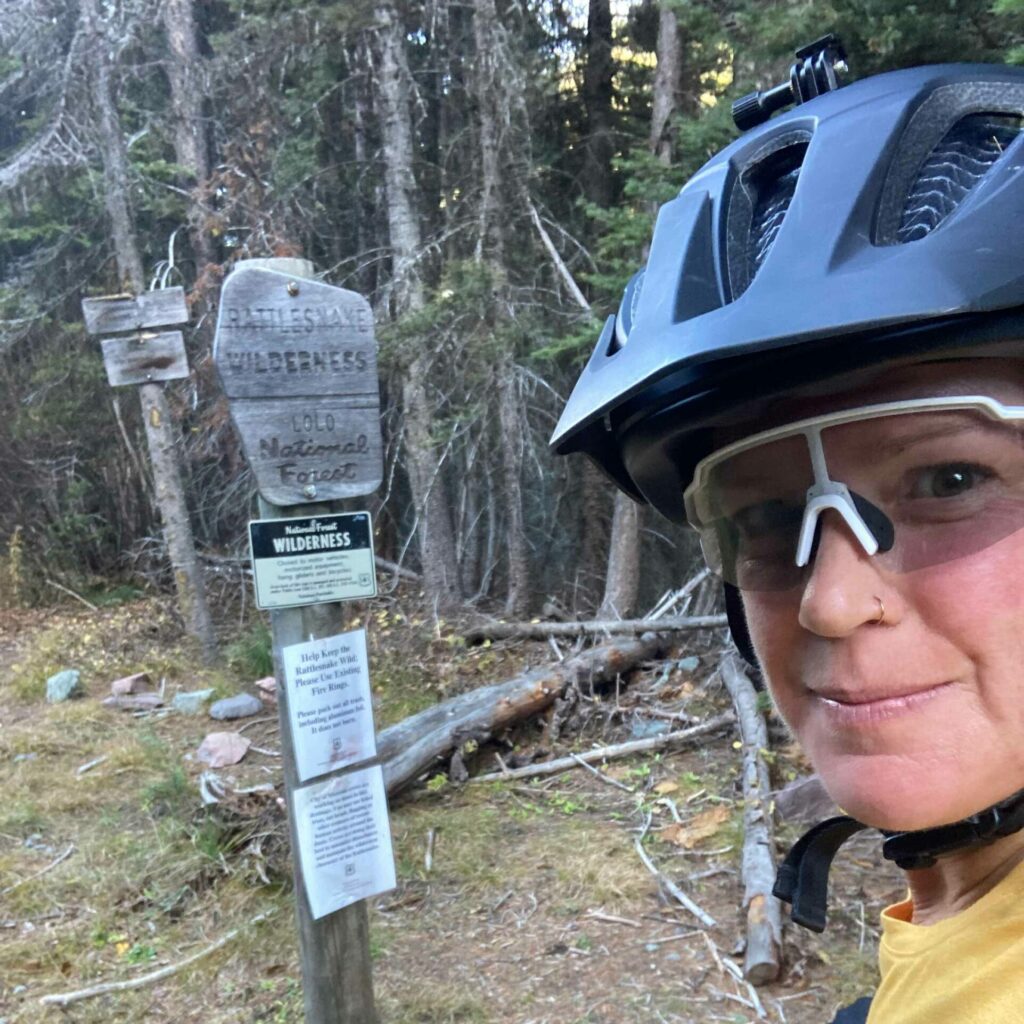The Western Montana Conservation Commission (WMCC) and the Montana Department of Natural Resources and Conservation (DNRC) aim to address the escalating challenges posed by toxic pollution in Western Montana’s watersheds, the headwaters of the Columbia River Basin. With rapid population growth and urbanization in the region, there’s an urgent need to mitigate the adverse effects of toxic pollution on water quality.
The program seeks to conduct comprehensive research to understand the baseline knowledge of residents regarding toxic pollution from stormwater and septic systems.
This data will inform the development of targeted Montana Waters: Clearly Connected campaigns aimed at raising awareness and promoting behavior change among residents and expand outreach in tribal and underserved communities.
Given the significant contribution of urban stormwater to toxic pollution, this program intends to implement green infrastructure projects to reduce runoff and mitigate pollution by:
Recognizing the impact of septic systems on water quality, especially in areas with dispersed urbanization, the program aims to incentivize proper septic system maintenance and operation by:
The work will increase the capacity for local governments, agencies, and watershed groups to tackle some of the most pressing nonpoint source pollution issues. As Montana rapidly develops, proactively addressing stormwater and septic leachate pollution is integral to protecting Montana’s pristine water resources, which are so important to Montana’s ecology, recreational activities, economy and culture.
The WMCC will prioritize funding for projects in communities that have been previously overlooked or left out of environmental decision-making processes, including Tribal, rural, and low-income areas. Engaging with these communities to learn about their needs, priorities, and values while providing them with the tools to address toxic pollution and improve the health of their communities is the primary goal of this work.
Contact us for more information. Sign up for our newsletter and follow us on social media to stay up to date.
The Guidelines provide information about the grant program including eligibility, match information, procurement, and other policies. The Guidelines include an overview of the competitive grants tentatively opening in January 2025 from WMCC’s EPA funding through the Bipartisan Infrastructure Law. This includes: 1) Residential Septic System Education & Maintenance Program, 2) Septic System Replacement & Sewer Connectivity, 3) Showcase Green Stormwater Infrastructure Project, and 4) Residential & Community Green Stormwater Infrastructure Program.
As part of the grant program process, WMCC requested public comment on the Stormwater and Septic Leachate Toxics Reduction Grant Program Guidelines through August 30, 2024.
October 24, 2024 | 10:00 – 11:30 AM
WMCC’s EPA-funded Stormwater and Septic Leachate Grant Programs are on the horizon; we anticipate applications opening in the beginning of January 2025. Join grant staff to discuss specific considerations for federal funding and your projects. The four grant programs, as outlined in our Grant Guidelines, are 1) Residential Septic System Education & Maintenance Program, 2) Septic System Replacement & Sewer Connectivity, 3) Showcase Green Stormwater Infrastructure Project, and 4) Residential & Community Green Stormwater Infrastructure Program.
December 5, 2024 | 10:00 – 11:30 AM
Final applications for the Stormwater and Septic Leachate Grant Programs open at the beginning of 2025. Join WMCC for a preview of our draft application. We will look over the draft application and discuss the application process and important items to think about. We will be looking for partner feedback and questions on application process and materials to incorporate into our final application.
An introduction to the $7 million dollar EPA Columbia River Basin Toxics Reduction Lead Grant awarded to the Western Montana Conservation Commission, and the potential subawards that will be available in Western Montana in 2025. Local entities may be granted awards to host water quality education, outreach, cost-share programs, and community projects addressing toxic pollution reduction focused on septic leachate and stormwater concerns in Western Montana. Grant guidelines will be available for public comment and review.
WMCC requested partner feedback on the Stormwater and Septic Leachate Toxics Reduction Grant Program Guidelines at this virtual meeting during the public comment period.

Heidi Fleury
Grant Program Specialist
406-594-1913
Heidi.Fleury@mt.gov

Kristen Jordan
Grant Program Specialist
406-594-3651
Kristen.Jordan@mt.gov

Krista Lammers
Grant Administrative Specialist
406-459-3539
Krista.Lammers@mt.gov